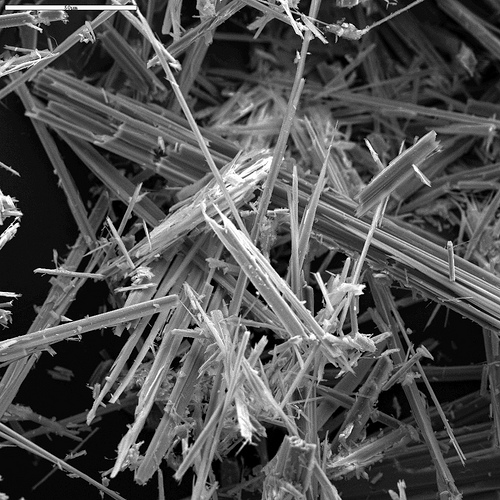Authors: Jason Overocker and Jean C. Pfau
Abstract
It has been shown that inhaled particulate matter such as air pollution and asbestos are linked to a number of immune diseases such as asthma, and Systemic Lupus Erythematosus (SLE), respectively. This research may contribute to understanding the mechanisms of how asbestos and air pollution particulate (PM10) produce oxidative stress on macrophages, as well as how the macrophages will respond to the oxidative stressors. Using Flow Cytometry, DCFDA Fluorescence, Glutamate Transport, and Cytokine Bead Array assays, we have shown that exposure to asbestos and PM10 up-regulates system xc- in macrophages, which reduces oxidative stress for the macrophage by providing substrates for antioxidants. The results demonstrate that asbestos, but not PM10, induces both expression and activity of system xc-. This led to differential cytokine production with a significantly increased expression of TNF alpha and MCP-1 for PM10 treatment but not for asbestos treatment. Inhibition of system xc- affected cytokine production only following asbestos exposure, further demonstrating a role for this antioxidant system in regulating immune outcomes for asbestos but not PM10. Understanding the mechanisms in which oxidative stress helps regulate macrophage responses may contribute to a better understanding of why certain diseases are brought on by asbestos and air pollution exposure.


